
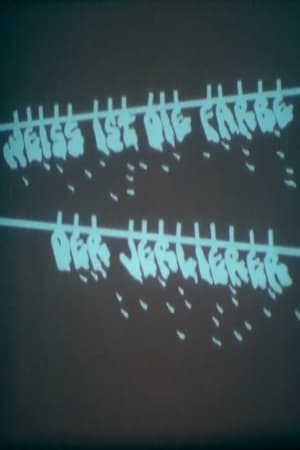
Weiss ist die Farbe der Verlierer(1974)
Short film against the oppression of women. At first, differences in education are presented and then how the relationship between women and men looks like in the professional world.
Movie: Weiss ist die Farbe der Verlierer
Top 10 Billed Cast

Weiss ist die Farbe der Verlierer
HomePage
Overview
Short film against the oppression of women. At first, differences in education are presented and then how the relationship between women and men looks like in the professional world.
Release Date
1974-01-01
Average
0
Rating:
0.0 startsTagline
Genres
Languages:
DeutschKeywords
Similar Movies
 6.9
6.9Olympia: Part One – Festival of the Nations(de)
Commissioned to make a propaganda film about the 1936 Olympic Games in Germany, director Leni Riefenstahl created a celebration of the human form. This first half of her two-part film opens with a renowned introduction that compares modern Olympians to classical Greek heroes, then goes on to provide thrilling in-the-moment coverage of some of the games' most celebrated moments, including African-American athlete Jesse Owens winning a then-unprecedented four gold medals.
 6.7
6.7Olympia: Part Two – Festival of Beauty(de)
Commissioned to make a propaganda film about the 1936 Olympic Games in Germany, director Leni Riefenstahl created a celebration of the human form. Where the two-part epic's first half, Festival of the Nations, focused on the international aspects of the 1936 Olympic Games held in Berlin, part two, The Festival of Beauty, concentrates on individual athletes such as equestrians, gymnasts, and swimmers, climaxing with American Glenn Morris' performance in the decathalon and the games' majestic closing ceremonies.
 6.7
6.7Workers Leaving the Lumière Factory(fr)
Working men and women leave through the main gate of the Lumière factory in Lyon, France. Filmed on 22 March 1895, it is often referred to as the first real motion picture ever made, although Louis Le Prince's 1888 Roundhay Garden Scene pre-dated it by seven years. Three separate versions of this film exist, which differ from one another in numerous ways. The first version features a carriage drawn by one horse, while in the second version the carriage is drawn by two horses, and there is no carriage at all in the third version. The clothing style is also different between the three versions, demonstrating the different seasons in which each was filmed. This film was made in the 35 mm format with an aspect ratio of 1.33:1, and at a speed of 16 frames per second. At that rate, the 17 meters of film length provided a duration of 46 seconds, holding a total of 800 frames.
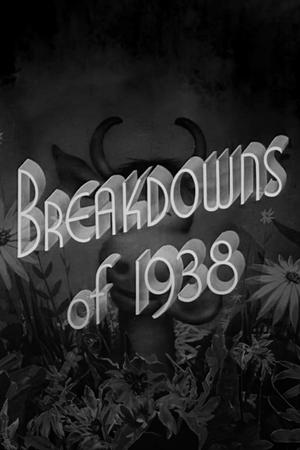 5.0
5.0Breakdowns of 1938(en)
Flubs and bloopers that occurred on the set of some of the major Warner Bros. pictures of 1938.
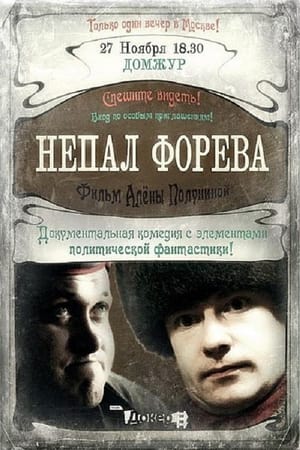 5.7
5.7Nepal Forever(ru)
This film features two Russian communist politicians. Being committed Leninists; both of them have served several terms as city council members. Their horizons are broad, but what concerns them the most is the future of global communism. At one point, by decree of fate, their booming activities begin to expand far beyond the boundaries of their native St. Petersburg and the Russian Federation. However, the future of global communism remains unclear. What remains clear is the fact that in the modern world the tail still wags the dog. A documentary comedy.
 7.1
7.1The Arrival of a Train at La Ciotat(fr)
A group of people are standing along the platform of a railway station in La Ciotat, waiting for a train. One is seen coming, at some distance, and eventually stops at the platform. Doors of the railway-cars open and attendants help passengers off and on. Popular legend has it that, when this film was shown, the first-night audience fled the café in terror, fearing being run over by the "approaching" train. This legend has since been identified as promotional embellishment, though there is evidence to suggest that people were astounded at the capabilities of the Lumières' cinématographe.
 0.0
0.0Axolotl(es)
Through a choral diversity of testimonies, the documentary explores the myth of the axolotl, transporting us from the story of a chinampero whose lifestyle reflects the environmental decay of Mexico City, to the efforts of a group of scientists racing against the consequences of the extinction of our symbols and ecological heritage.
The Angela Murray Gibson Experience(en)
In the 1920s, Angela Murray Gibson chose an unusual location to embark on a career in silent filmmaking: her tiny hometown of Casselton, North Dakota. She had previously helped Mary Pickford as an advisor and assistant director on The Pride of the Clan (1917), which Mary Pickford produced and starred in. She opened North Dakota's first movie studio, and she had the audacity to be a woman in an industry dominated by men.
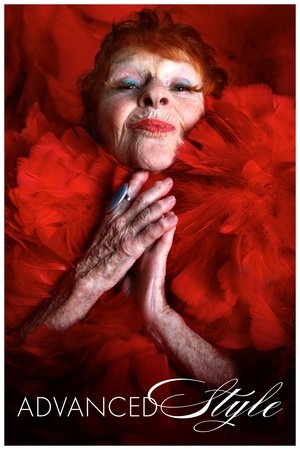 6.8
6.8Advanced Style(en)
Advanced Style examines the lives of seven unique New Yorkers whose eclectic personal style and vital spirit have guided their approach to aging. Based on Ari Seth Cohen’s famed blog of the same name, this film paints intimate and colorful portraits of independent, stylish women aged 62 to 95 who are challenging conventional ideas about beauty, aging, and Western’s culture’s increasing obsession with youth.
Adam Jensen: The Life, The Loss & The Grind(en)
Take a journey through the eyes of 25-year-old aspiring professional skateboarder, Adam Jensen to see how skateboarding is the perfect tool in overcoming life’s most difficult obstacles. Those closest to Adam will make their comments about his life, and potential to achieve notoriety in his professional career through his trials and triumphs.
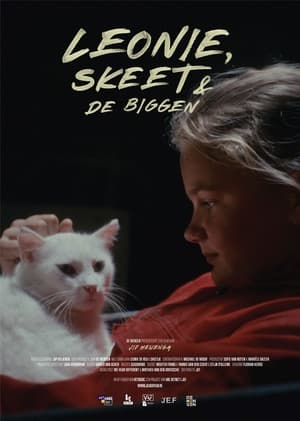 10.0
10.0Leonie, Skeet and the piglets(nl)
Leonie’s dream is to become a pig farmer, just like her parents. She wanders happily around the farm, helping out in any way possible. She tends to the pigs, and is present from the fertilisation of the sows to the moment the truck leaves for the slaughterhouse. The family farm teaches her about the circle of life. However, new laws on nitrogen emissions have undermined the economic viability of the farm, and bankruptcy looms. Together with her cat Skeet, Leonie watches the last pigs disappear from the farm, and she realises that her dream of becoming a pig farmer might not come true.
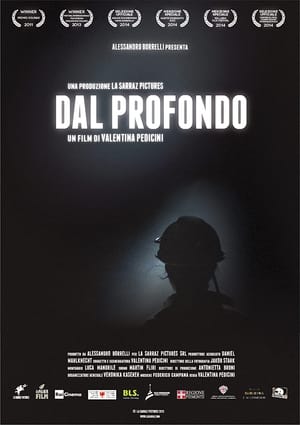 6.1
6.1From the Depths(it)
Both an activist and a documentarian, Valentina Pedicini also brings her background in anthropology to this impressively captured, claustrophobic nonfiction feature. Venturing beneath sea level, From the Depths profiles the lone woman at work in the last coal mine in Sardinia, Italy.
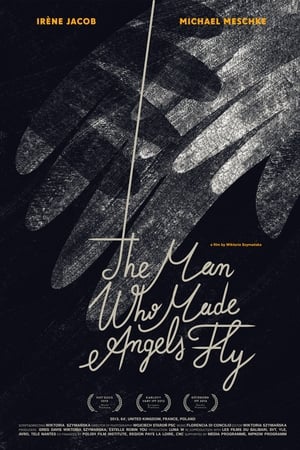 7.0
7.0The Man Who Made Angels Fly(en)
When the lights dim and the stage is revealed, Meschke channels life through the strings of his puppets, triggering the spiritual connection between the creator and his alter-egos: the charismatic Don Quixote, the loving Penelope, the inquisitive Baptiste, or the mysterious Antigone. THE MAN WHO MADE ANGELS FLY is a poetic story about a master of his craft that has inspired audiences to reflect upon common issues of suffering and the mortal coil. Visionary and un-biographic, imaginary tribute to the puppeteer.
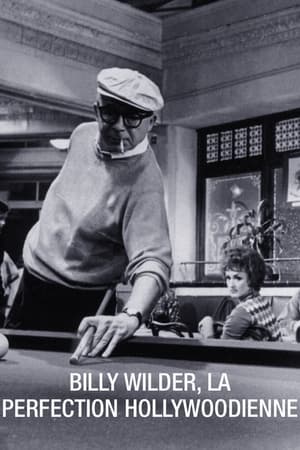 8.0
8.0Billy Wilder: Nobody's Perfect(en)
Biography on the famous writer-director, Billy Wilder.
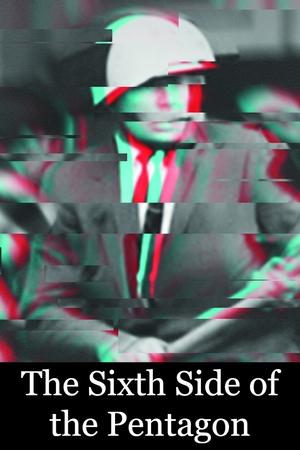 6.0
6.0The Sixth Side of the Pentagon(fr)
On October 21, 1967, over 100,000 protestors gathered in Washington, D.C., for the Mobilization to End the War in Vietnam. It was the largest protest gathering yet, and it brought together a wide cross-section of liberals, radicals, hippies, and Yippies. Che Guevara had been killed in Bolivia only two weeks previously, and, for many, it was the transition from simply marching against the war, to taking direct action to try to stop the 'American war machine.' Norman Mailer wrote about the events in Armies of the Night. French filmmaker Chris Marker, leading a team of filmmakers, was also there.
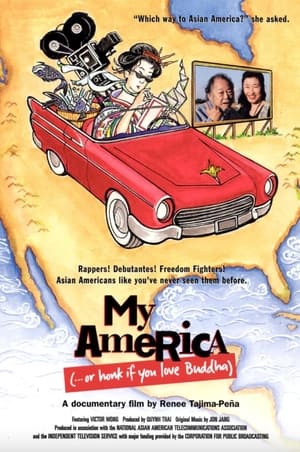 0.0
0.0My America... or Honk If You Love Buddha(en)
Renee Tajima-Peña takes to the road to investigate questions about Asian-American identity.
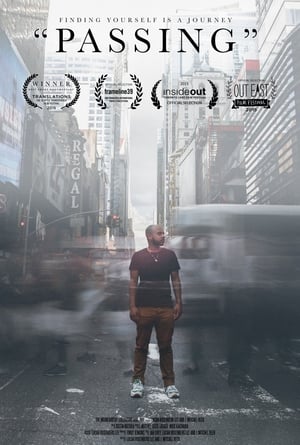 7.0
7.0Passing(en)
A short documentary profiling the lives of three transgender Black men, exploring what life is like living as a Black man when no one knows you are transgender, and their journeys with gender in the years since they transitioned.
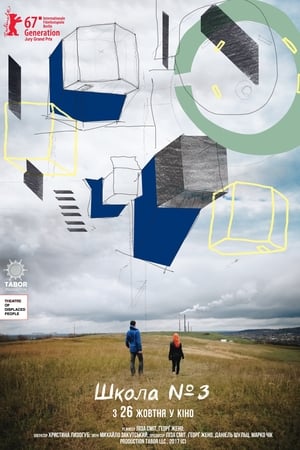 10.0
10.0School Number 3(uk)
In the familiar surroundings of their everyday lives, they talk about things that matter to them, about experiences that move them, about first love and loss, hopes and fears. 13 adolescents from a school in Donbass which was destroyed during the war in Ukraine, and subsequently rebuilt, share themselves in front of the camera. 13 lives inhabiting an intermediary space, both emotionally and socially.
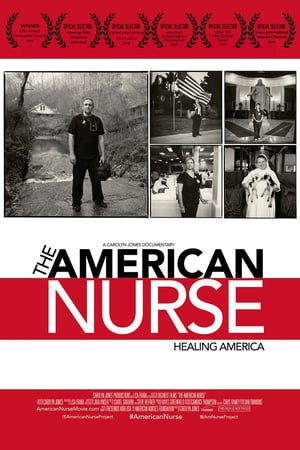 6.0
6.0The American Nurse(en)
THE AMERICAN NURSE is a heart-warming film that explores some of the biggest issues facing America - aging, war, poverty, prisons - through the work and lives of nurses. It is an examination of real people that will change how we think about nurses and how we wrestle with the challenges of healing America. THE AMERICAN NURSE is an important contribution to America's ongoing conversation about what it means to care. The film follows the paths of five nurses in various practice specialties including Jason Short as he drives up a rugged creek to reach a home-bound cancer patient in Appalachia. Tonia Faust, who runs a prison hospice program where inmates serving life sentences care for their fellow inmates as they're dying. Naomi Cross, as she coaches an ovarian cancer survivor through the Caesarean delivery of her son. Sister Stephen, a nun who runs a nursing home filled with goats, sheep, llamas and chickens, where the entire nursing staff comes together to sing for a dying resident.
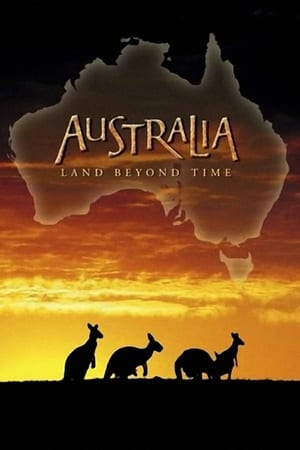 7.5
7.5Australia: Land Beyond Time(en)
Australia: Land Beyond Time takes viewers on a breathtaking journey back in time to witness the birth and evolution of a mysterious land that harbors remnants of Earth's earliest life and many of it's strangest creatures that exist nowhere else on the planet.